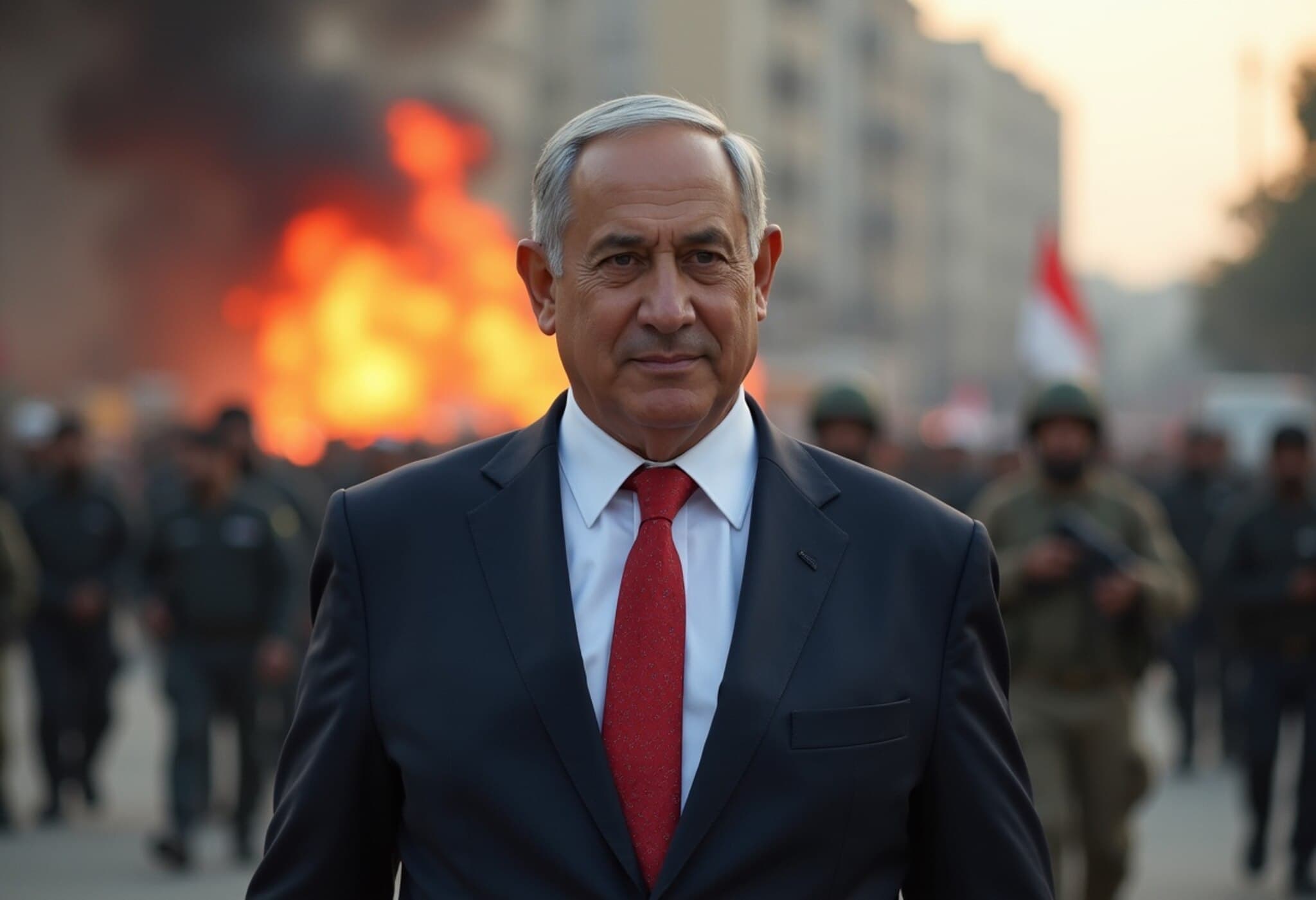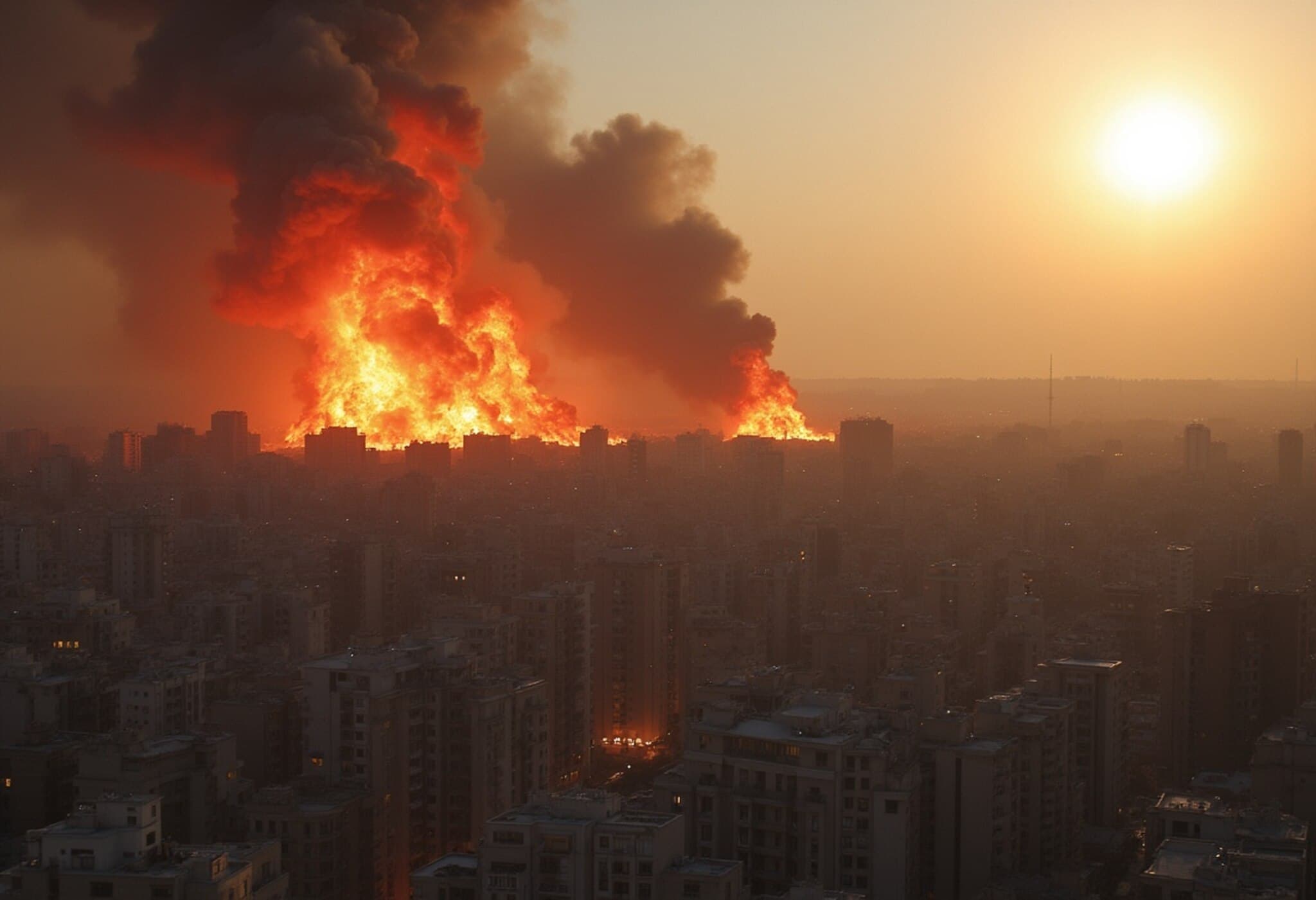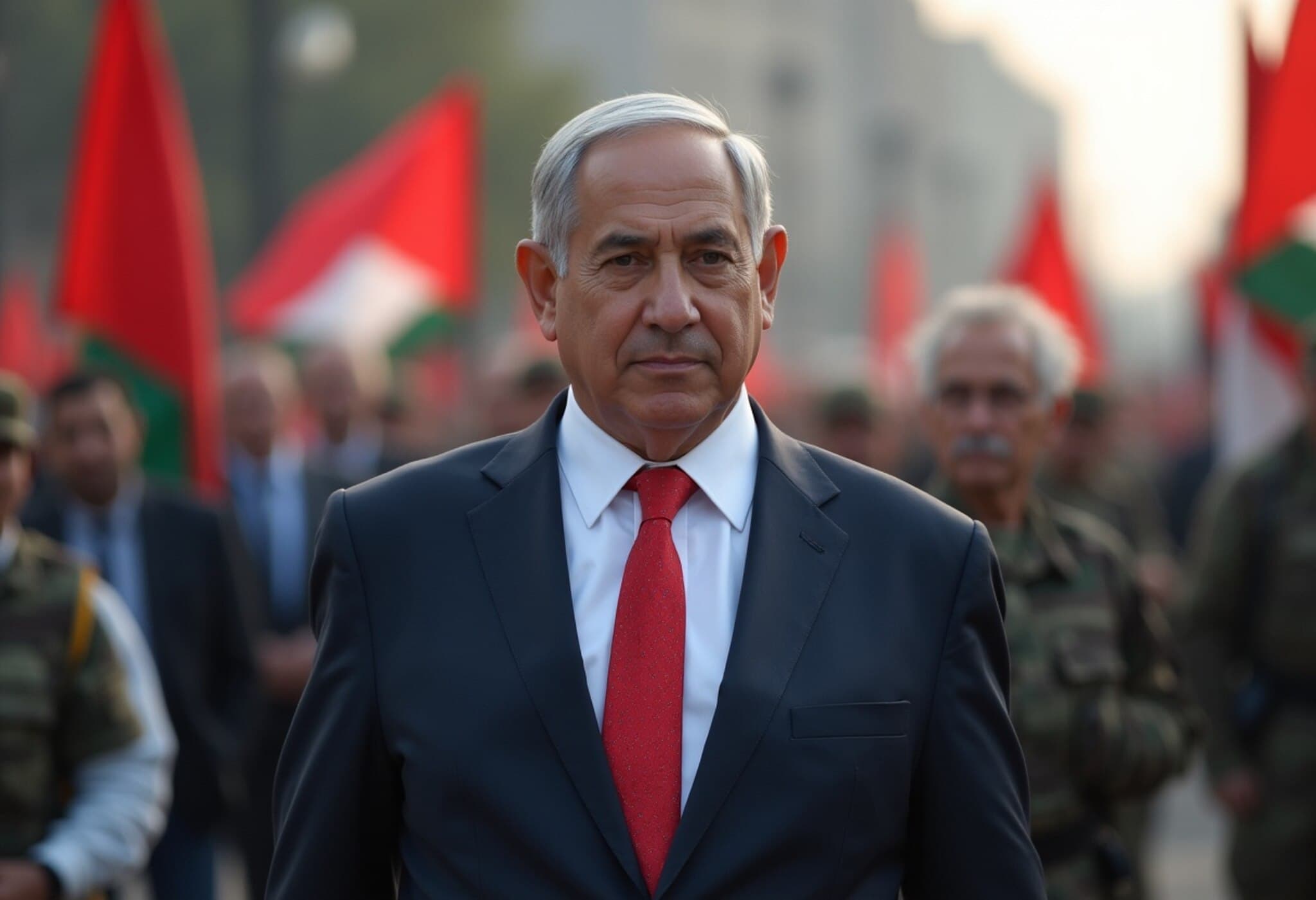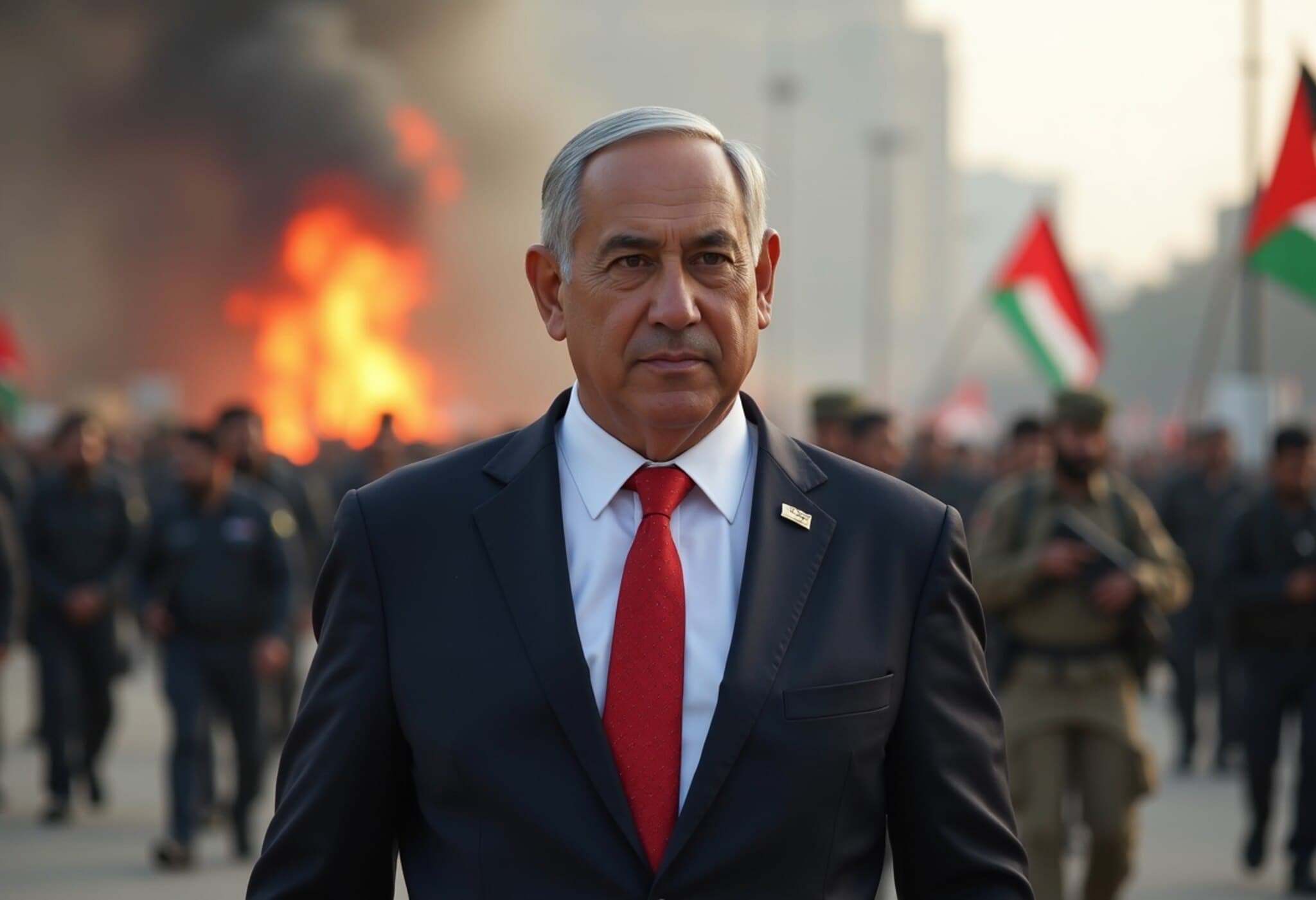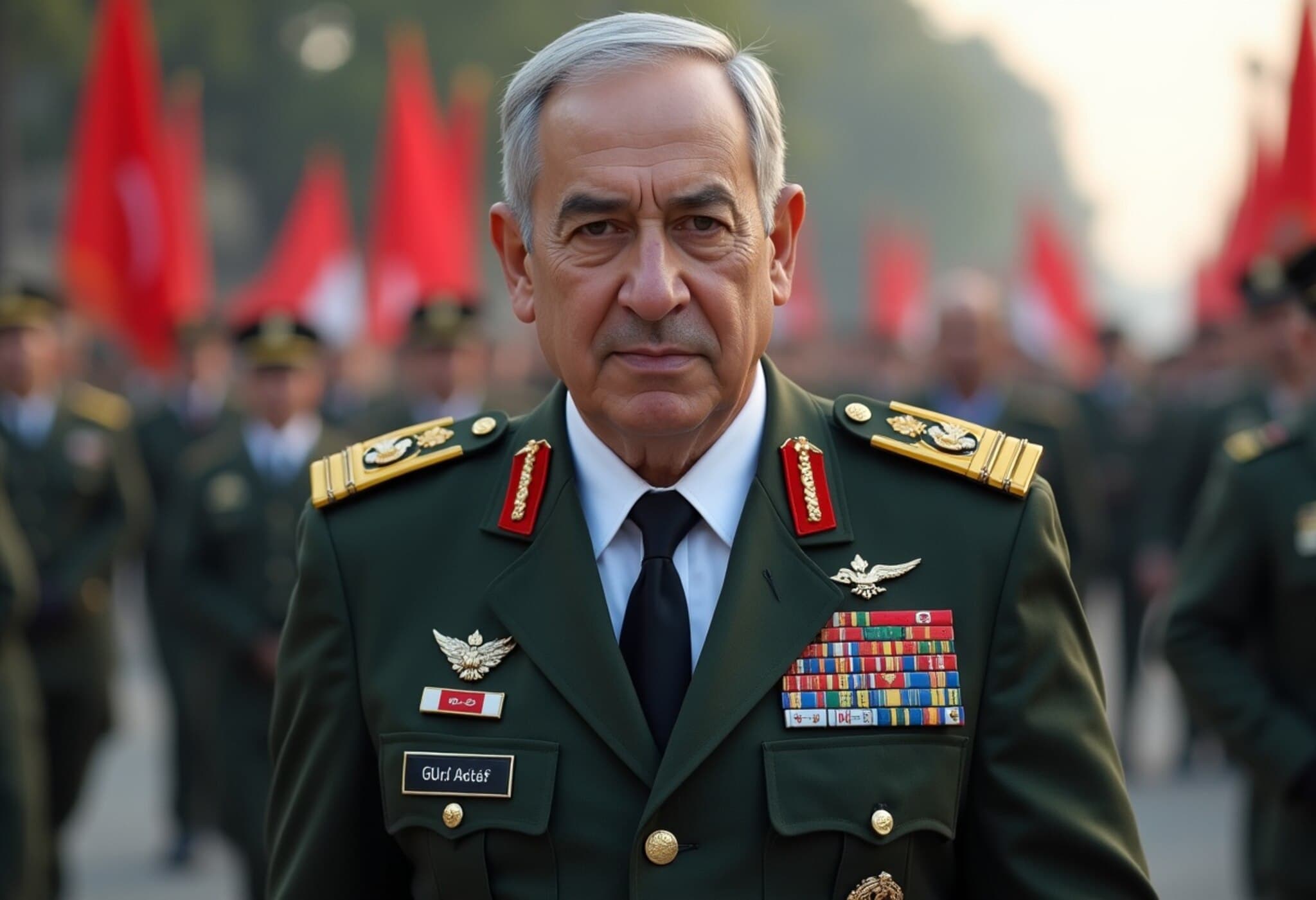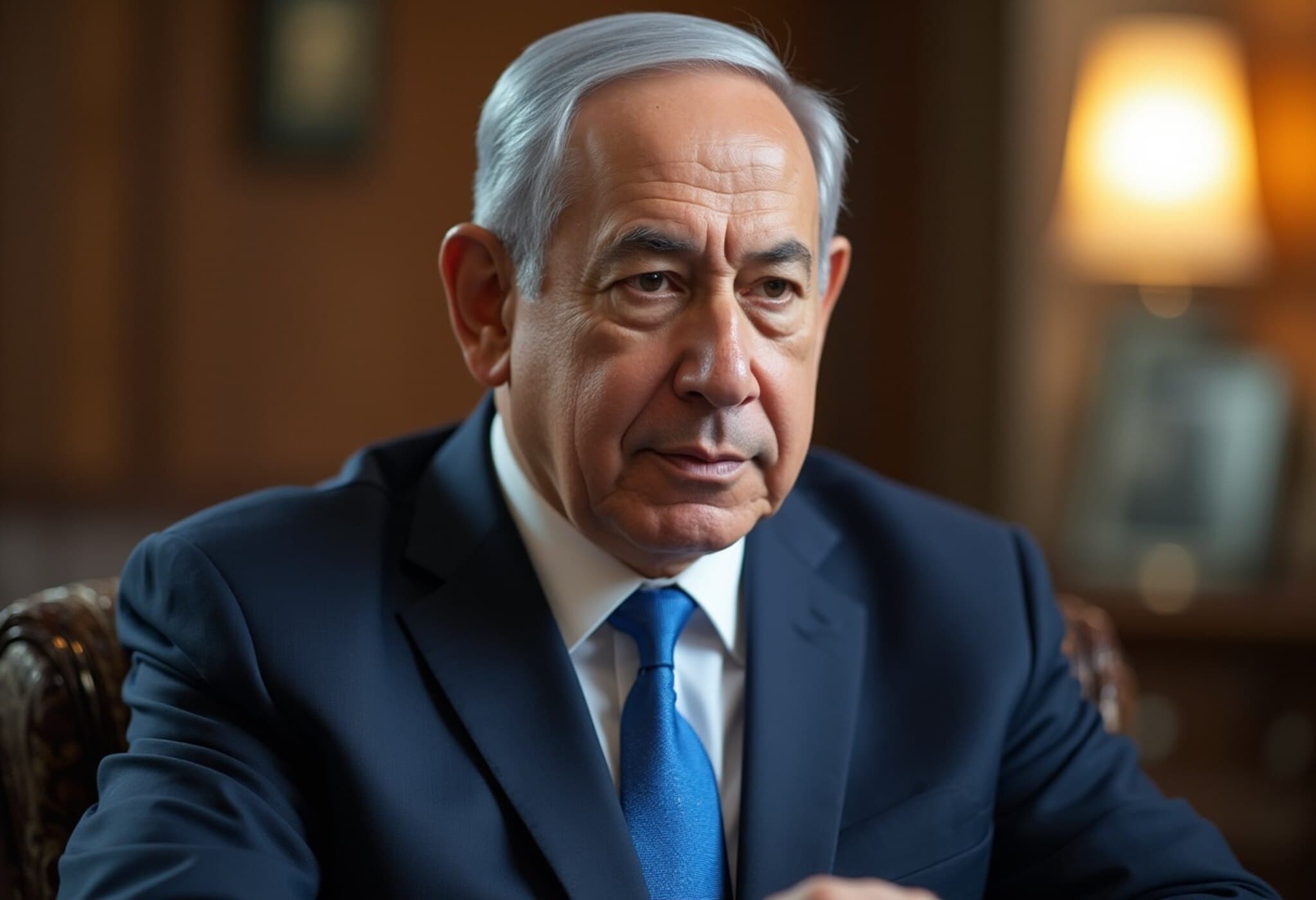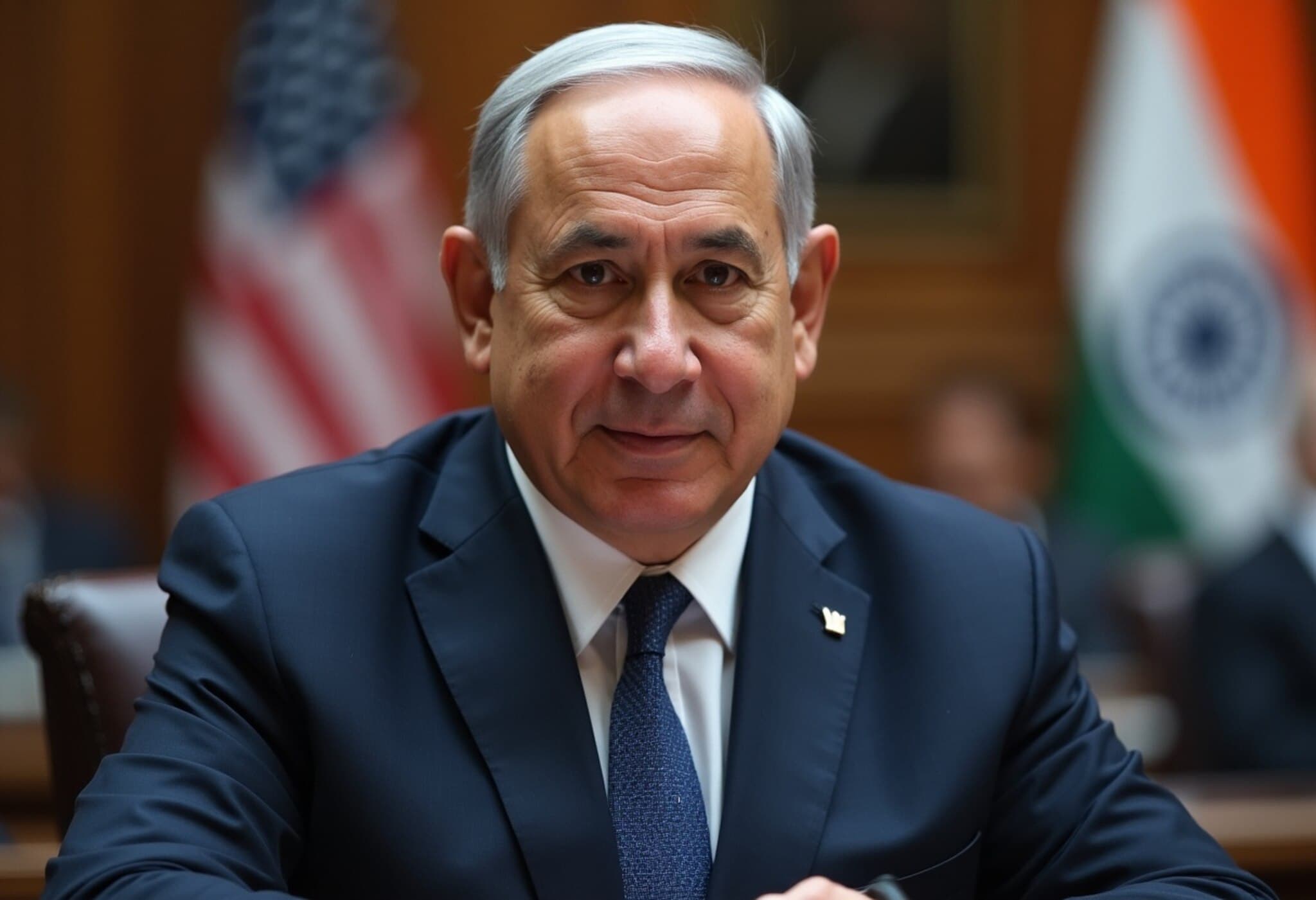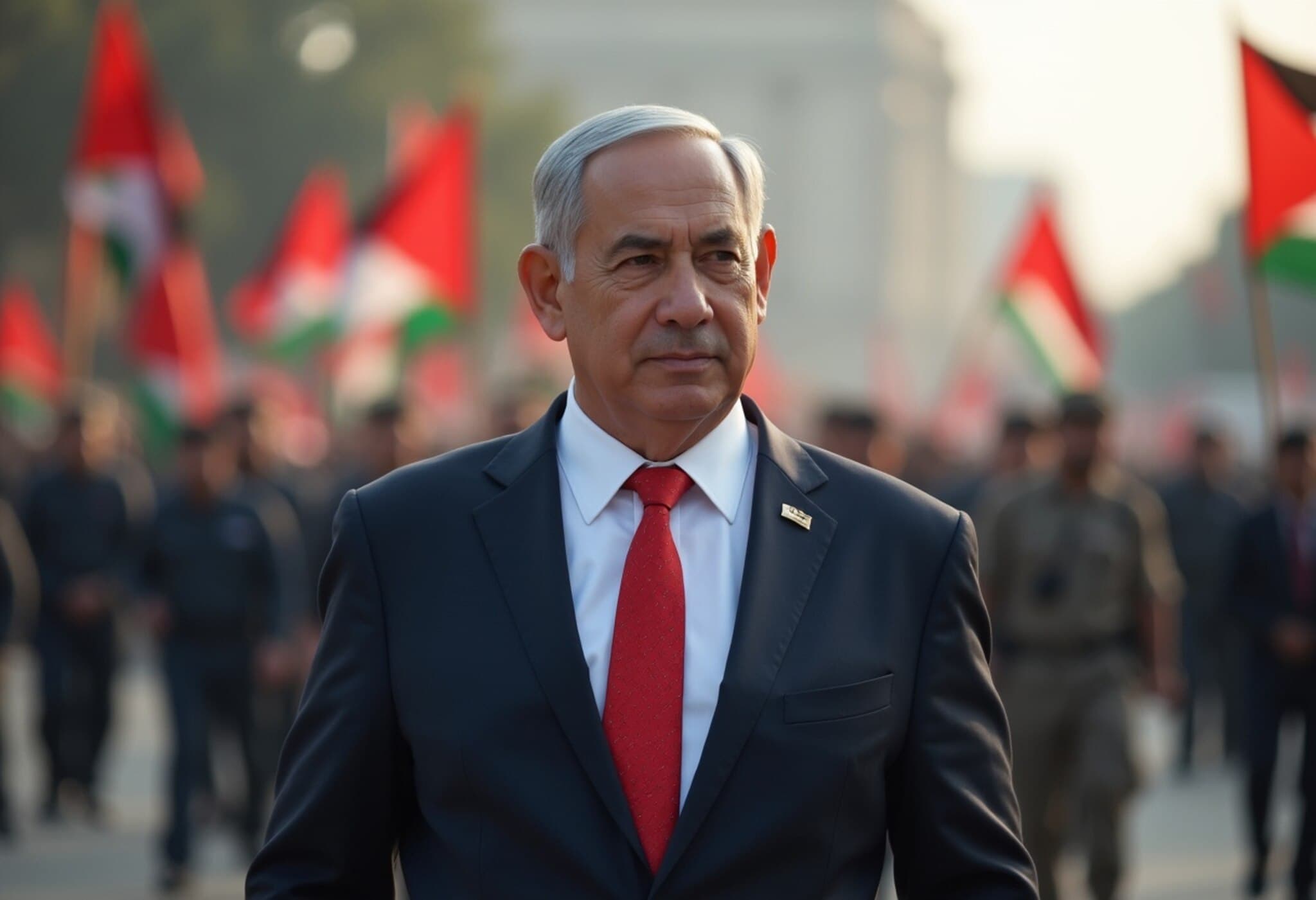Netanyahu’s Calculated Prioritization Amidst Israel’s Conflict
Since the devastating Hamas attack on October 7, 2023, Israel has been embroiled in a persistent and complex conflict that continues to exact a grim toll. At the heart of the ongoing crisis lies Prime Minister Benjamin Netanyahu’s approach—an approach that critics argue centers less on humanitarian considerations and more on political survival.
Ignoring Civilian Suffering and Hostage Crisis
Despite mounting casualties on both sides, Netanyahu appears undeterred in his hardline tactics. Palestinian civilian deaths have surged amid relentless Israeli military operations in Gaza. Yet, Netanyahu has refrained from halting hostilities or facilitating humanitarian relief, such as allowing food and medical supplies into Gaza. Moreover, the Israeli public, by a significant margin—including three-quarters of Israelis surveyed in recent polls—supports measures to secure the release of hostages taken by Hamas, often calling for ceasefires to enable negotiations.
However, Netanyahu’s refusal to consider ceasefires or prisoner exchanges has escalated concerns about the safety of hostages and frontline Israeli soldiers alike. The Israeli military’s chief of staff, Eyal Zamir, has publicly warned that Netanyahu’s declared intention to fully occupy Gaza risks overburdening Israel’s soldiers and jeopardizing hostage lives. Yet, political imperatives seem to overshadow these cautions.
Unrealistic Military Goals Masking Political Realities
Repeated military campaigns, initiated under Netanyahu’s leadership, had promised the eradication of Hamas. All have fallen short of that declared objective. Expert analysis from over 600 former members of Israel’s security establishment underscores this point, asserting that Hamas no longer constitutes a strategic threat. Critics urge a recalibration toward achievable goals—degrading Hamas enough to prevent attacks rather than pursuing its total destruction.
Such recalibrations would signify pragmatic leadership. Yet Netanyahu persists with maximalist rhetoric, arguably as a tool to maintain his fractious coalition government that heavily relies on far-right parties. Finance Minister Bezalel Smotrich and National Security Minister Itamar Ben-Gvir, both known for their uncompromising stances towards Palestinians, exert intense pressure on Netanyahu to sustain an aggressive military posture.
The Political Cost: Fraying Alliances and Global Isolation
Netanyahu’s strategy comes at a significant diplomatic cost. While Israel’s vital ally—the United States—remains officially supportive, American public opinion is shifting drastically. Recent polls reveal more than three-quarters of Americans favor an immediate ceasefire, reflecting widespread discomfort with the humanitarian toll.
Furthermore, key traditional allies such as Germany, the United Kingdom, France, Canada, and Australia are recalibrating their stance, curtailing arms exports or moving toward recognizing Palestinian statehood. These shifts reflect not only public pressure but also apprehension about Israel’s current policies alienating long-standing support.
Netanyahu himself acknowledged this diplomatic strain during a rare English-language press conference aimed at international audiences. He attributed allied governments’ changing positions to domestic political pressures, essentially framing it as “their problem.” Yet this stance sidelines a broader historical context: Israel’s persistent challenge to secure enduring diplomatic recognition and peace in the region.
The Underlying Motives: Self-Preservation at the Helm
Prominent voices within Israel, such as former Prime Minister and military chief Ehud Barak, articulate a stark critique. Barak contends Netanyahu’s approach prioritizes personal political survival over national interest. Facing potential legal repercussions stemming from multiple corruption investigations and political fallout from the October 2023 attacks, Netanyahu’s ‘total victory’ rhetoric conveniently justifies a never-ending conflict, keeping him in power.
This political calculus sidelines constructive proposals for peace, hostage release, and regional stability. Barak and others advocate leveraging Israel’s military strength to open pathways to negotiated settlements, yet Netanyahu’s entrenched coalition resists such pivots.
Implications for Regional Stability and Future Prospects
The ongoing conflict, fueled by political maneuvering, has profound ramifications beyond Israel and Gaza. The interruption of overtures toward diplomatic normalization with key regional players, including Saudi Arabia, exemplifies how violence serves as a strategic tool for extremist factions to undermine peace prospects.
Netanyahu’s unwillingness to adapt not only deepens humanitarian crises but also risks alienating allies whose cooperation is essential for Israel’s long-term security. The dynamic leaves Israel increasingly isolated and embroiled in a cycle of violence with little sign of resolution.
Editor’s Note
This analysis underscores a pivotal dilemma confronting Israel: balancing military objectives, humanitarian considerations, and political imperatives. Netanyahu’s prioritization of political survival amidst this volatile landscape raises critical questions about the future trajectory of the Israeli-Palestinian conflict. How long can Israel sustain a war strategy that alienates global allies and diminishes prospects for peace? What role should international actors play to encourage pragmatic leadership focused on both security and humanitarian solutions? These questions resonate deeply as the region confronts an uncertain path forward.

